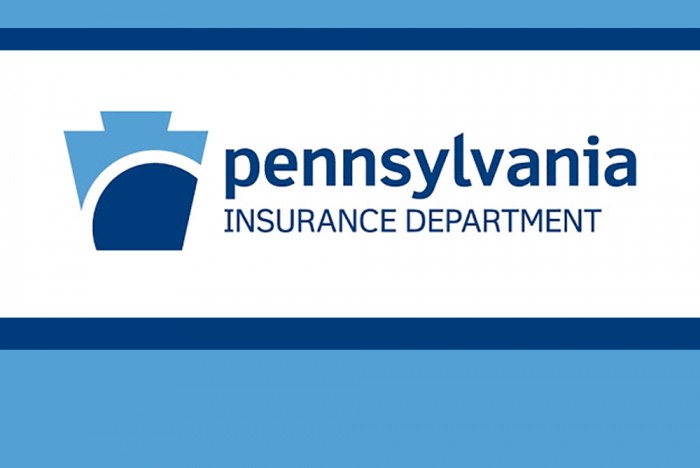The recently released Department of Human Services, Office of Children, Youth and Families (OCYF) Bulletin #00-20-01, 3130-20-03, 3350-20-02, 3490-20-03, 3680-20-01, 3700-20-02, 3800-20-02, entitled “Notification Protocol for Formal Licensing Actions and Incidents” can be found here.
The purpose of this bulletin is to revise the OCYF procedures for sending notification of critical events that have occurred in a child residential or day treatment facility, an approved foster and pre-adoptive home, or a Youth Development Center or a Youth Forestry Camp that may represent a risk of harm to the children and youth placed in those settings. This bulletin rescinds and replaces OCYF Bulletin #00-19-02, entitled “Notification Protocol for Formal Licensing Actions and Incidents,” which was issued in August 2019.
The revisions to this bulletin were previously communicated via the above announcement on January 16, 2020, and include removing the issuance of notifications regarding removal of staff under an approved plan of supervision and any notifications which were duplicative of one another, specifically those that would already require a notification and result in citation(s) and/or issuance of a licensing inspection summary.
If you have questions, please contact RCPA Children’s Division Director Jim Sharp.
















